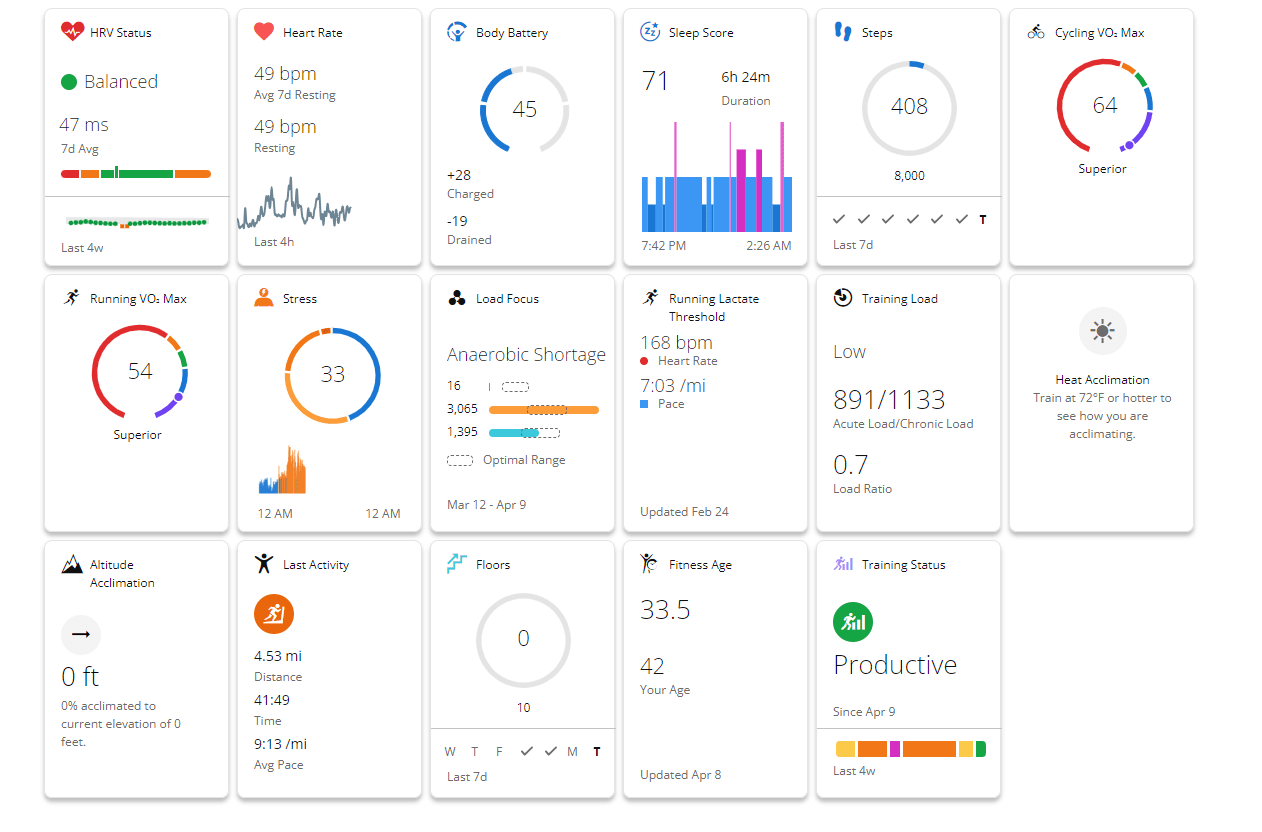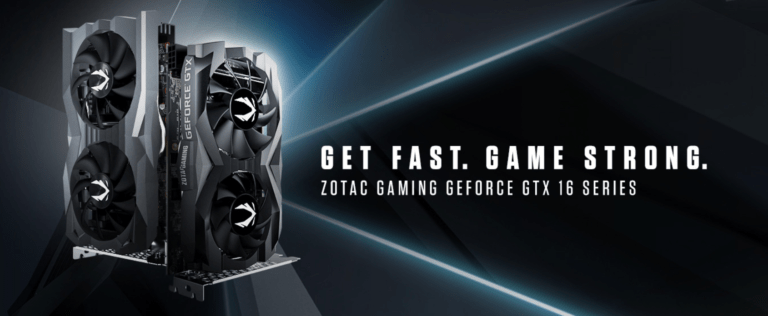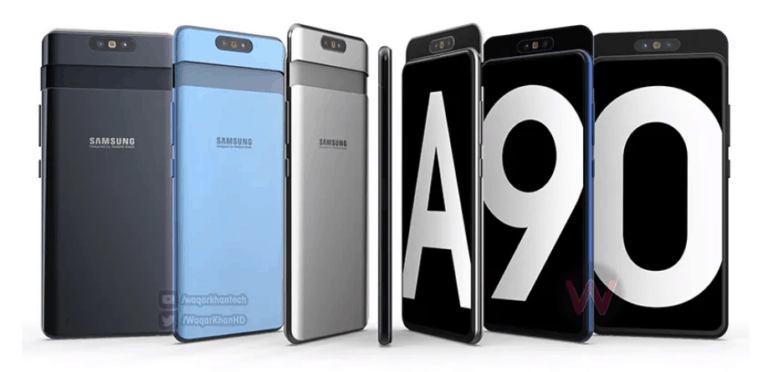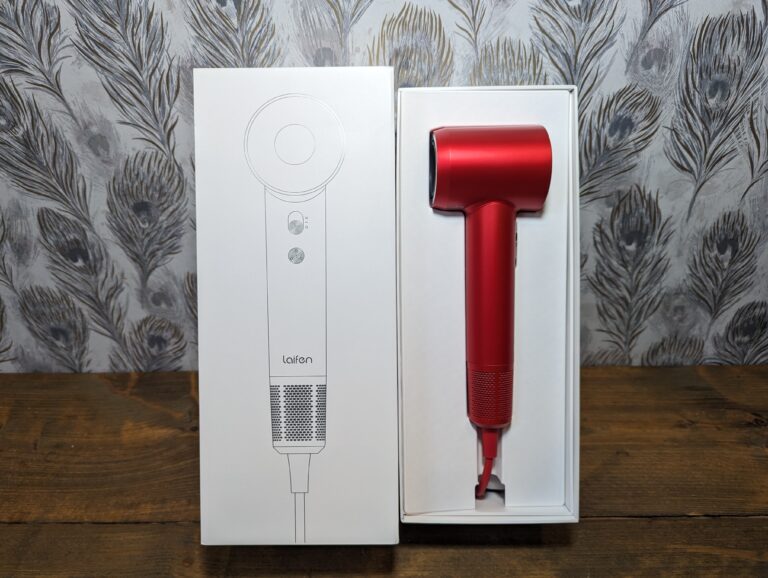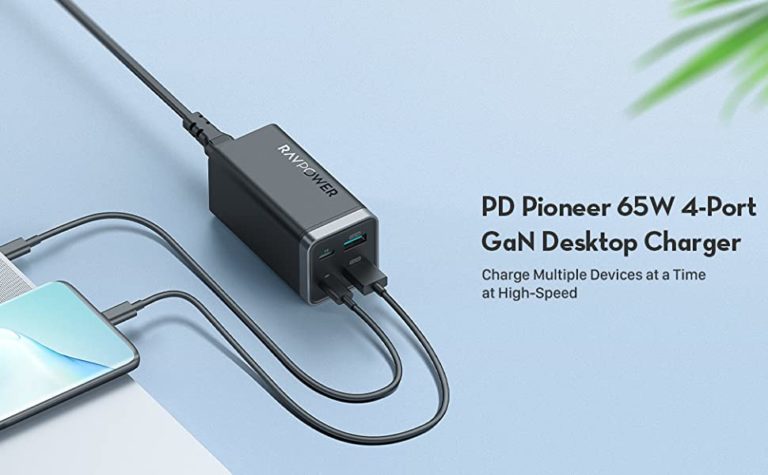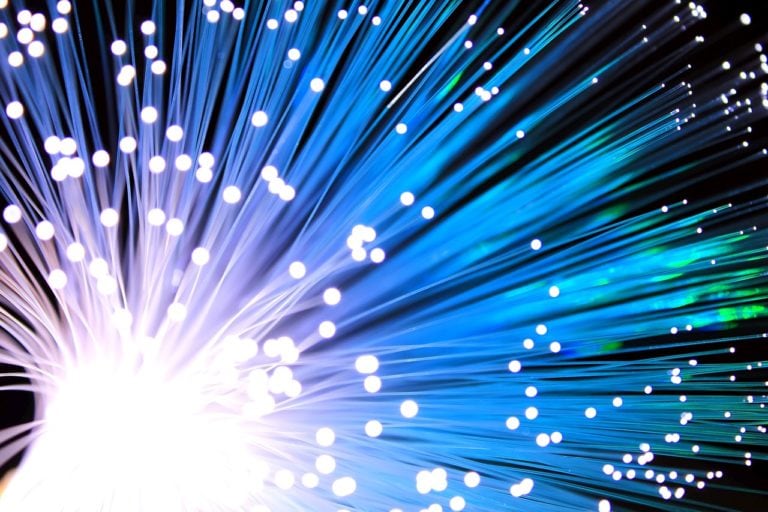Any links to online stores should be assumed to be affiliates. The company or PR agency provides all or most review samples. They have no control over my content, and I provide my honest opinion.
This article is a bit of a departure from my usual consumer tech reviews.
Over the years, I have become quite obsessive about fitness, as well as my physical and mental health.
I am a big fan of Garmin, wearables, and fitness/health tech in general. I love analysing all the data they provide and attempting to gain some insight into my fitness and health.
In general, I mainly use my Garmin to gain insight into my fitness, but I keep an eye on the various health tracking features, as rest and recovery are essential for peak performance.
This article is more about optimising my sleep and overall well-being while trying to find a balance of medication that manages my ADHD and improves my sleep quality.
Not a scientific study
I will preface this by stating that there is nothing scientific about my testing. I am a subject of one, and there are too many variables that impact my sleep.
It is not just the events of the day that have an effect on my sleep but my own lifestyle choices, which include drinking caffeine and an unusual routine.
In the short term, I have been experimenting with my dosages of Elvanse and reducing caffeine consumption, as well as experimenting with medical cannabis and Daridorexant.
This article is perhaps more beneficial for me as I document what works and what doesn’t work, but hopefully, it will provide some usual information for anyone with sleep problems.
In the long term, I may be able to stabilise things enough that I can gather some more reliable comparisons between the two sleep medications.
History of Insomnia and Mental Health
I have had a lifetime of sleep and mental health issues. I have had these issues since childhood, but they peaked in my 20s.
I was an obese, suicidally depressed alcoholic. In the space of a few years, my adoptive parents died, I was financially supporting my grandmother, and I had both of my businesses fail spectacularly.
At one point, I was only getting 1 or 2 hours a night’s sleep, which exacerbated all my other issues.
Improvements Through Exercise, Diet and Lifestyle improvements
In my late 20s, I realised I’d be lucky to survive until my 30s let alone make it through them. In an attempt to gain control of my life, I decided to lose weight.
I became obsessed to the point of an eating disorder, but eventually, I overcame the worst of my problems. I lost over 100lbs/7stone at one point, dropping down to 154lbs/11st, but then gained a couple of stones in muscle (and fat).
Significantly reducing alcohol, lots of exercise, and an obsessive routine changed my life.
It wasn’t all great, though. With my depression manageable, my weirdness became more apparent. I would wake at 3am, start work, go to the gym at 9am, eat lunch, nap, and vainly attempt to get some work done in the afternoon. This would be my routine 7 days a week.
I was sleeping much better; I could fall asleep easily, but I was a very light sleeper and would fully wake after every sleep cycle, which would be around 5 or 6 times a night. This made sleep quite stressful and not enjoyable, but I was functioning, and that’s the main thing.
Mighty Gadget grew to be quite successful, and I felt I had found my stride, but I was dependent on my weird routine.
Mental Health Setback, ADHD Diagnosis & Elvanse/ Vyvanse / Lisdexamfetamine
Just before Covid, I met my biological mother, and Covid worked out well for me (as far as global pandemics go). The weather was great, business was booming, and I was getting to know my new family.
Things changed once the lockdown lifted, and my relationship with my biological family went sour (except my brother). There is blame on both sides, and it would seem I am genetically prone to ADHD and alcohol abuse. My family lack any self-awareness, so they do what they want and blame everyone else. I am painfully aware of my flaws. Eventually, their gaslighting led me to have a mental breakdown, and I went no contact.
I went to therapy, and my therapist immediately suggested I have ADHD. I was diagnosed a few months later at great expense as our failing NHS is used for mental health services.
I was prescribed Elvanse or Vyvanse if you are in the US. This is Lisdexamfetamine, which is a slow-release prodrug of dextroamphetamine.
It works great. The idea of taking an amphetamine to manage a disorder known for hyperactivity seems contradictory, but many people, including myself, don’t feel the stimulating effects of the medication. It lifts the brain fog and calms the racing thoughts in my sleep.
Unfortunately, even though I am not getting high, taking an amphetamine-based medication is obviously not great for sleep, and my sleeping problems returned.
One of the issues I have with Elvanse is that it is good at masking sleep deprivation (with it being an amphetamine). I found that even with a bad night’s sleep, I would be OK during the day once medicated, but over the course of a few days, my overall sense of well-being reduced. I would feel more anxious, easily distracted, and irritable. The positive effects of Elvanse would decrease, and the negative side effects of taking a simulant would start to show.
To manage this problem, I’d reduce my dosage or take breaks every few days to catch up on my sleep, which is suboptimal.
Getting Prescribed Medical Cannabis
Medical Cannabis became legal in the UK in 2018. It is practically impossible to get it prescribed by the NHS in the UK. It’s typically used for severe forms of epilepsy and patients going through chemotherapy.
It is relatively easy to get prescribed via private clinics. They are willing to prescribe it for a variety of disorders. Pain-related problems are one of the best reasons to use Cannabis, but you can be prescribed for a wide range of psychological problems, including depression, anxiety, ADHD and ASD, which I tick all the boxes for.
The one caveat is that you must have tried two forms of traditional medication and found them to be ineffective. Over the years, I have been on most antidepressants, none worked, and benzodiazepines a few times, which also never worked, so I was a good candidate and immediately accepted.
I have never smoked weed or cigarettes, so I was started at a relatively low dose. Some people vape 60g per month, and it can go higher, which I don’t understand how anyone can afford; for me, I was prescribed 10g of flower to vape and 10 ml of oil for oral use.
Daridorexant / Quviviq
Cannabis oil can be a bit hit or miss as your tolerance builds up, and I eventually became aware of a new sleep drug called Daridorexant, which is sold under the brand Quviviq.
This is a new class of sleep drugs that is not related to benzodiazepines or other hypnotic sedatives.
It is classed as an orexin antagonist medication. Orexin, also known as hypocretin, is a neuropeptide that regulates arousal, wakefulness, and appetite.
Orexin neurons activate different brain regions that have vital functions in wakefulness,, such as the dopamine, norepinephrine, histamine, and acetylcholine systems. They seem to play a significant role in maintaining wakefulness and sleep.
Daridorexant and other orexin antagonists are novel in that they don’t knock you out like a normal sedative but instead reduce wakefulness and help regulate sleep-wake cycles.
The medication has been shown to greatly reduce the time to fall asleep (LPS), the time spent awake after falling asleep (WASO), and the amount of sleep time reported by the subjects (TST) in trials.
Daridorexant has a significantly reduced abuse potential in comparison to benzodiazepines. It can be used as a long-term treatment for insomnia, and it is claimed that it not only helps you sleep but provides a good quality of sleep, which is not true for most sedatives. They knock you out, but your quality of sleep is poor.
Daridorexant was approved for medical use in the United States in January 2022 and in the EU in 2022. In the UK, NICE recommends Daridorexant as a long-term treatment for insomnia but states that it should be considered as a treatment for insomnia only if you have tried CBTi.
In the UK, it is still very difficult to get the NHS to prescribe it, and many doctors are uneducated about it. So, I once again had to resort to expensive private treatments.
While Daridorexant sounds like a wonder drug and has been found to be safe for long-term insomnia treatment, many people report that its effectiveness has waned. Even though prologued regular use is recommended, many people state it becomes ineffective after a few months.
One of the reasons why I alternate between cannabis oil and Daridorexant is to try and avoid tolerance issues.
Goals and Initial Observations
The reason why I came up with the idea of this article is the differences in data when I take medical cannabis or Daridorexant.
Garmin clearly indicates that cannabis lowers my heart rate variability, increases my resting heart rate, reduces my quality of sleep and prevents my body battery charging.
But, subjectively, it works well at getting me to sleep and keeping me asleep.
The data indicates that Daridorexant is better. Garmin indicates the quality of sleep is improved, my HRV increases, and my RHR heart rate decreases.
Subjectively, the quality of sleep isn’t as good; I am more restless through the night and wake up a bit earlier.
Cannabis is more likely to leave me groggy in the morning, but I feel I am less sleepy in the afternoon.
Withings doesn’t track HRV, and this seems to be responsible for the differences in results. Withings indicates my sleep quality is better on Cannabis than Daridorexant, but it does indicate my RHR is higher.
During this test, I also experimented with lowering my Elvanse dosage and caffeine, which obviously messes up the data.
My goal is to find a balance of medication that allows me to sleep well while managing my ADHD, my ability to work, my fitness and overall well-being.
Once I find an Elvanse/caffeine combo I am happy with, I can hopefully update this article with more accurate results.
The effects of cannabis on heart rate variability and well-being
It is well-documented that Cannabis impacts heart rate variability.
In this article, they state:
Delta-9-tetrahydrocannabinol (THC) is the primary psychoactive constituent of cannabis. Acute THC administration can induce CB1R mediated reductions in total peripheral resistance resulting in dose-dependent increases in heart rate and reductions in heart rate variability (HRV) in awake subjects. However, the influence of THC on vagal-cardiac modulation during sleep is unclear.
Whoop published their own analysis using anonymous data Whoop members who report using marijuana on a regular basis (at least 10 journal entries in the past 90 days).
Their results showed a difference, but it was a much smaller impact than my scenario.
The average percentage of time spent in light sleep rises from 54% to 55%, which means the percentage of time in restorative sleep (REM and slow wave sleep) falls from 46% to 45%. Sleep efficiency and sleep consistency each drop by 1 percentage point as well.
Their conclusion is particularly important in my case:
We found marijuana use to have a very slight negative impact on sleep, resting heart rate & HRV, but no meaningful affect on RECOVERY.
Impact of Medical Cannabis on Sleep
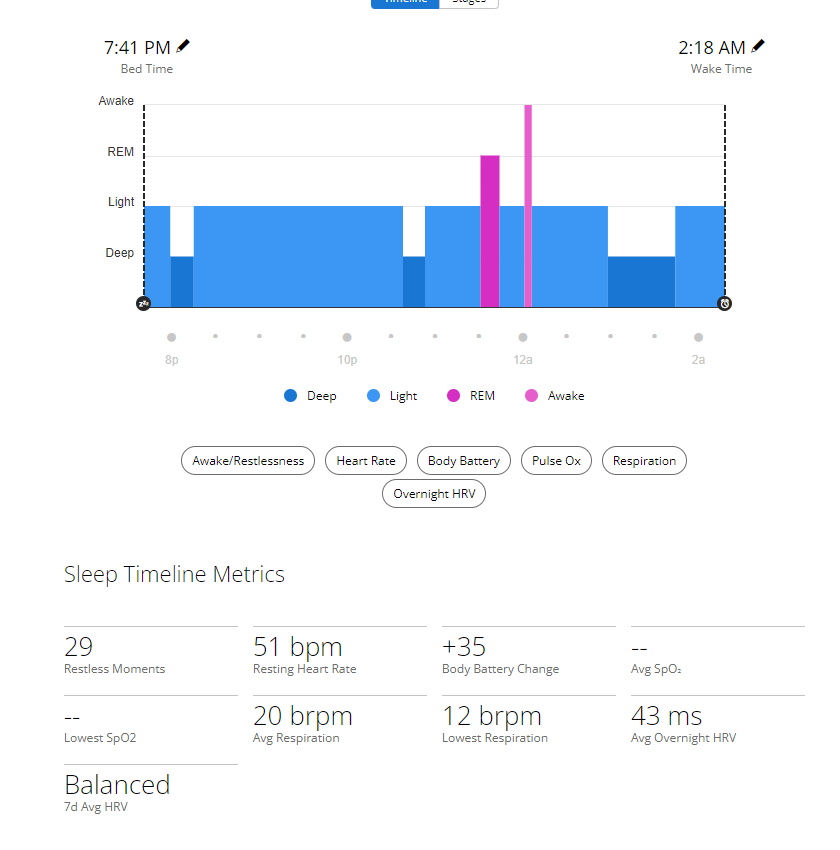
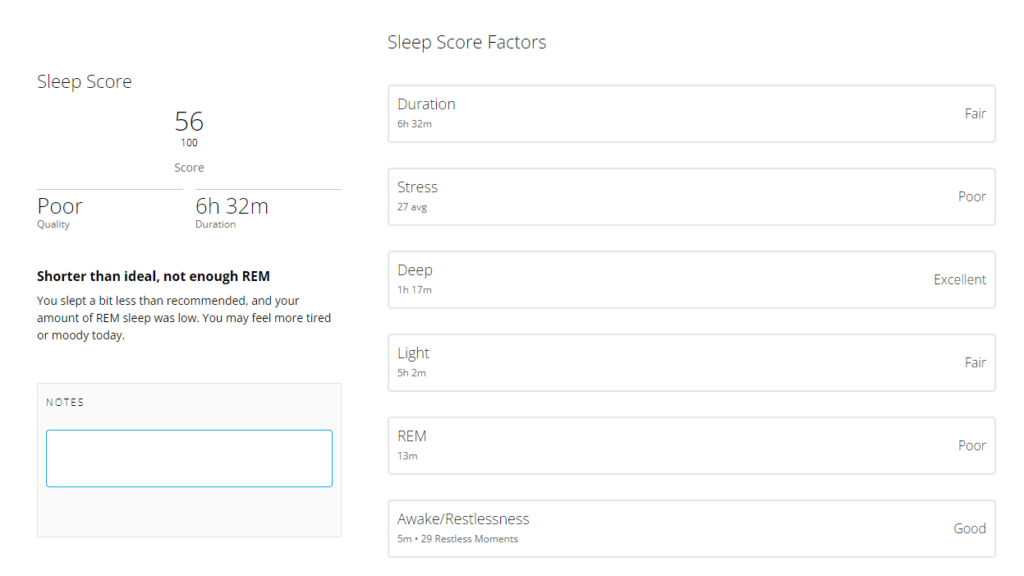
I have attempted to keep a log of what medication I took and how well I slept using the data from my Garmin Fenix 6 Pro and the Withings Sleep Mat.
I have only recently started logging the data and I hope to improve the overall quality over a period of time. In particular, I want to find an Elvanse dose that suits me and, ideally, quit caffeine.
But for now, I will have to use the flawed data I have logged recently.
I vape cannabis every night before bed, as it is good at getting me to sleep; I then take either Cannabis oil or Daridorexant with the hope that it keeps me asleep when the initial cannabis wears off a couple of hours later. It would obviously be more accurate if I didn’t vape and stuck to one drug.
The results are self-explanatory. The HRV is lower and RHR higher on the days I use Cannabis. The overall sleep quality is increased, but the duration is around the same, if not higher.
Due to this, my body battery is lower.
Garmin also indicates that I wake up more, but subjectively, I noticed I wake up significantly less when using Cannabis. Before being medicated, I would wake up fully 5 or so times a night, with Cannabis that is reduced to a couple of times a night.

For Withings, the data is quite different. The heart rate data correlates. Withings gives you an average of no resting, but there is clearly an increase in HR when using Cannabis.
Withings don’t track HRV, and this seems to be the variable that Garmin uses to look at the quality of your sleep. Therefore, the data from Withings seems more positive. There is a much higher sleep score, which also confirms reduced sleep interruptions.
Withings is a sleeping mat, and I tend to get out of bed and go to the toilet when I wake properly (I have had my prostate checked; I think it is more of an anxiety problem). Therefore, I think it is more accurate to identify the times I woke properly.
Impact of Daridorexant on Sleep
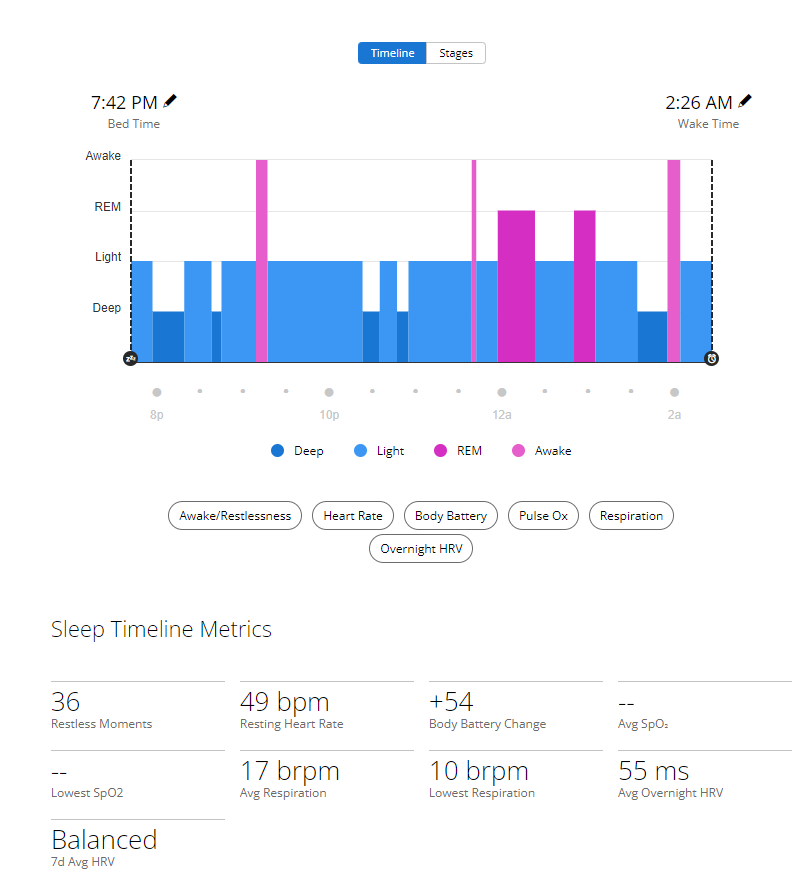
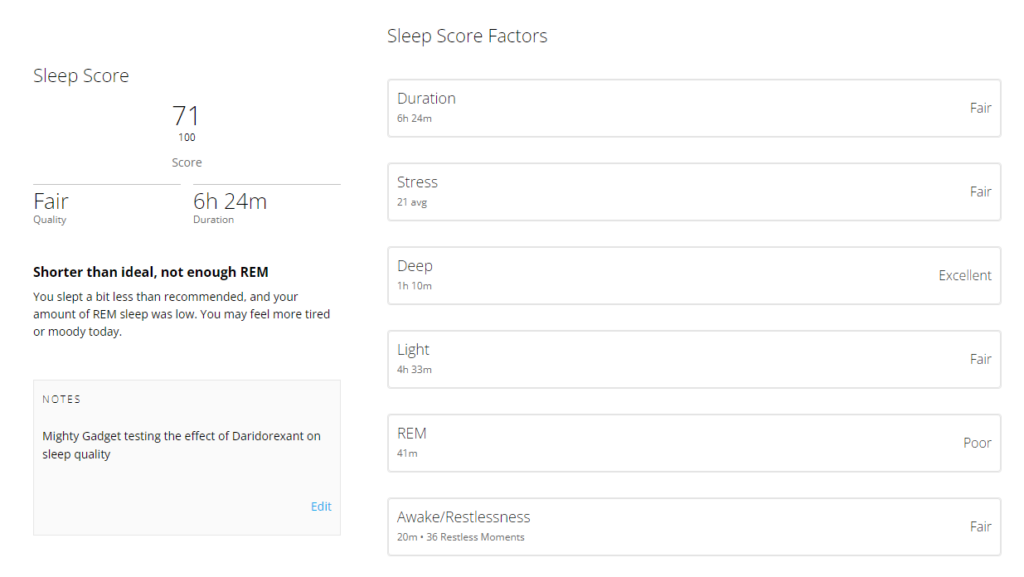
As discussed earlier in this article, Daridorexant is a unique sleep medication that doesn’t knock you out as such but reduces wakefulness. This, in theory, should lead to a better quality of sleep, with increased non-REM sleep, including slow-wave sleep (SWS) and reduced or maintained REM.
The only other drugs I am aware of that improved this are Gamma-hydroxybutyrate (GHB), which has a bit of a bad reputation, Mirtazapine, which I found awful, and Trazodone and Pregabalin.
The results I experienced appear to match what has been reported.
My HRV is increased and RHR lower. Garmin reports improved quality of sleep and an increased body battery.

Because Withings doesn’t track HRV, it doesn’t seem to be able to identify the same quality of sleep. Even though my average sleep HR is reduced, I am more restless, and I think the quality of sleep is reduced.
Unrelated and completely subjective, I feel like my fitness is better when using Daridorexant. In particular, my lungs feel good.
I am prone to quite a tight chest when working out vigorously, and it sometimes feels like my lungs can’t keep up with my legs.
With Daridorexant, it often feels the other way around; my lungs feel perfectly fine, and it is my legs that tire out first.
Overall
So far, all I have really established is that Garmin indicates that my heart rate variability is reduced, and my resting heart rate increases when using cannabis to sleep. In contrast, Daridorexant doesn’t appear to impact my HRV/HRM.
This aligns with what is widely reported online, with studies far more scientifically rigorous than my own experiment.
But the question remains: what are the real-world impacts of using Cannabis for sleep in comparison to Daridorexant?
As I write this, I used Daridorexant last night, but I feel groggier today than when I have used cannabis.
For both medications, my sleep has improved significantly, and it has allowed me to tolerate Elvanse at up to 60mg much better.
But, the idea of taking one drug to counter another has always made me uncomfortable, and since starting these medications, I have felt it is not ideal long term; there is something not quite right. This is why I am trying to reduce my Elvanse slightly, and hopefully, I can find a healthier balance of medication long term.
My testing so far has been sub-optimal, but I will continue to update this article as I gather more data. At some point, I will maintain the Elvanse dose and only adjust the sleeping medication, ideally sticking to one medication for a week at a time to give better quality results.
I am James, a UK-based tech enthusiast and the Editor and Owner of Mighty Gadget, which I’ve proudly run since 2007. Passionate about all things technology, my expertise spans from computers and networking to mobile, wearables, and smart home devices.
As a fitness fanatic who loves running and cycling, I also have a keen interest in fitness-related technology, and I take every opportunity to cover this niche on my blog. My diverse interests allow me to bring a unique perspective to tech blogging, merging lifestyle, fitness, and the latest tech trends.
In my academic pursuits, I earned a BSc in Information Systems Design from UCLAN, before advancing my learning with a Master’s Degree in Computing. This advanced study also included Cisco CCNA accreditation, further demonstrating my commitment to understanding and staying ahead of the technology curve.
I’m proud to share that Vuelio has consistently ranked Mighty Gadget as one of the top technology blogs in the UK. With my dedication to technology and drive to share my insights, I aim to continue providing my readers with engaging and informative content.

